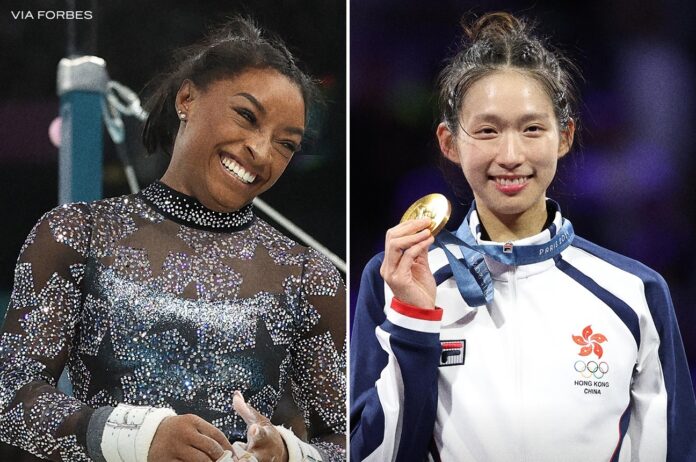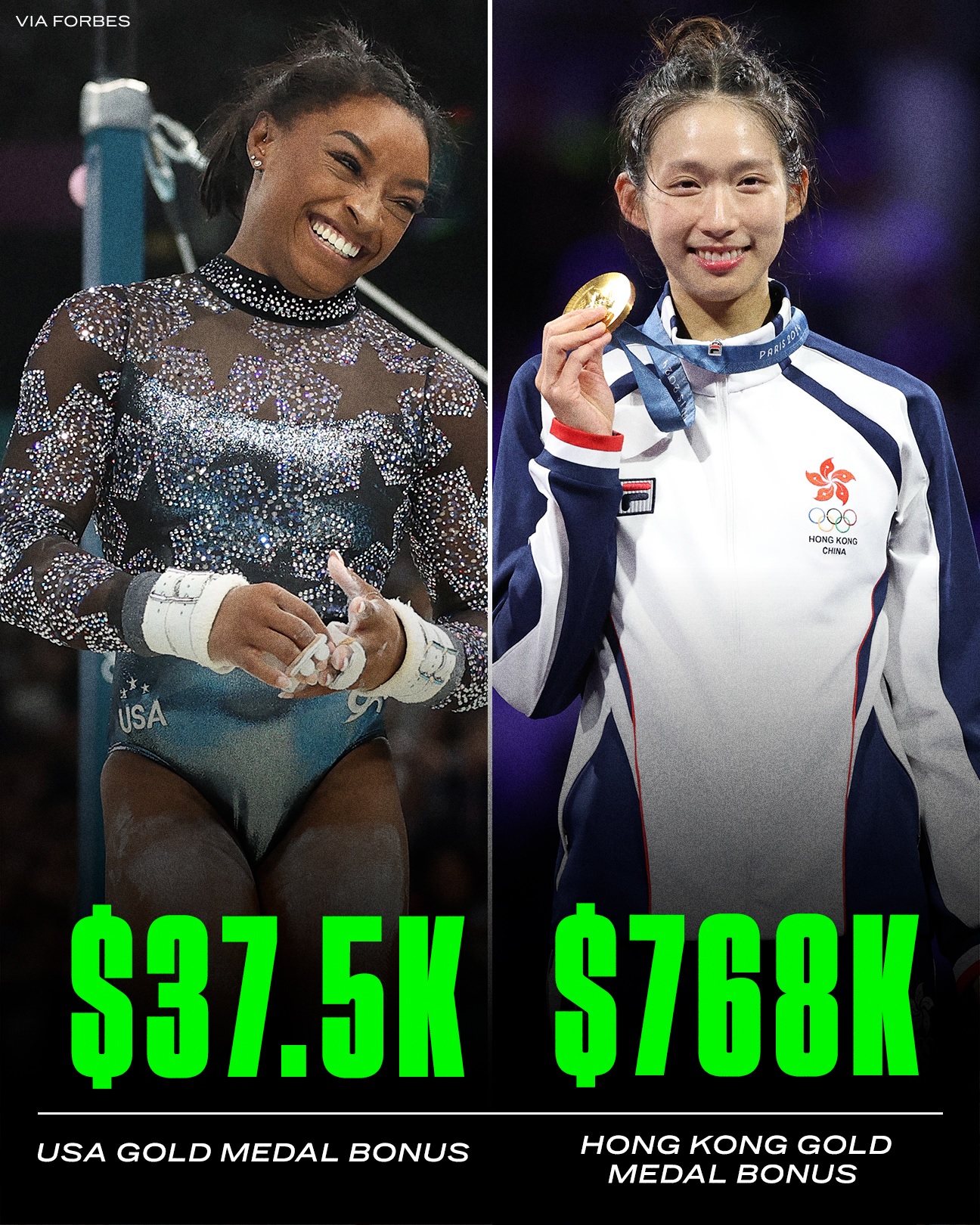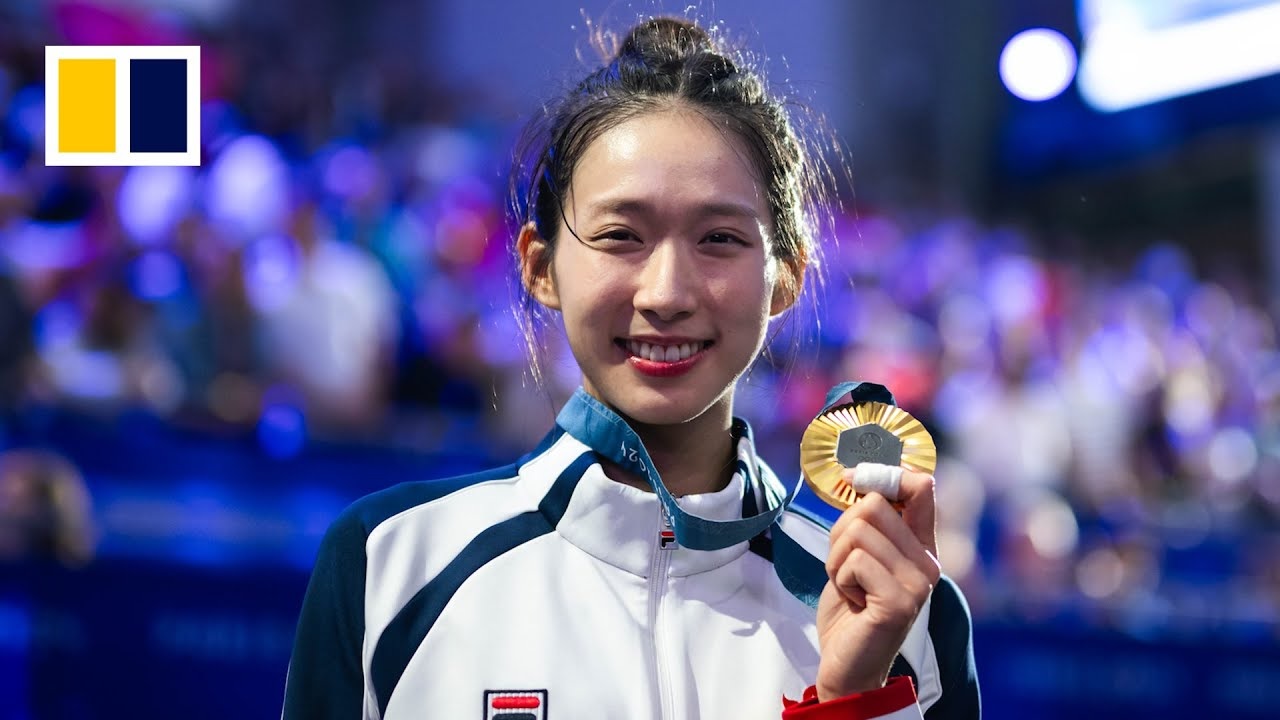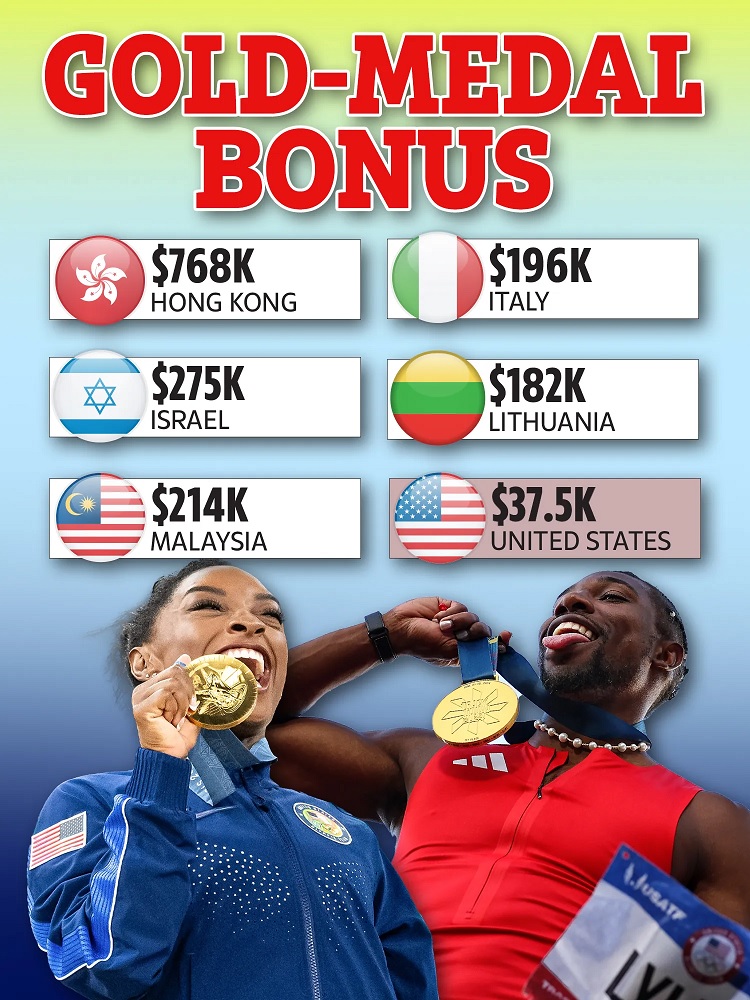Breaking: Hong Kong Gold Medalists Leave Paris with HUGE $768K Bonus While USA Athletes Get MEASLY $37.5K – Does Hong Kong Value Their Athletes More? There’s More to the Story… Read More

The recent Olympic Games have sparked a heated debate over athlete bonuses, with Hong Kong gold medalists leaving Paris with a staggering $768,000 bonus compared to the $37,500 awarded to Team USA gold medalists.
While this disparity has raised eyebrows and questions about how much each country values its athletes, there’s more to the story than meets the eye.
Hong Kong’s impressive bonus structure comes in the context of a nation that rarely wins gold medals. With only four gold medals in its entire Olympic history, including the recent addition, Hong Kong’s incentive plan appears to be working, doubling their all-time gold medal count in just one year.
This significant financial reward reflects the rarity and difficulty of achieving such success in a country where sports are less emphasized and resources for athletic development are limited.
In contrast, the USA has a long-standing tradition of Olympic success, amassing a total of 2,638 medals, 1,179 of which are gold.
The larger pool of athletes and frequent victories mean that the bonus system in the USA is structured differently. For many American athletes, the gold medal itself serves as a gateway to higher coaching fees, lucrative endorsement deals, and long-term career opportunities that often exceed the initial $37.5K bonus.

For American athletes, winning a gold medal can significantly boost their earning potential through endorsements and increased coaching fees.
Stars like Michael Phelps, who alone has more gold medals than many countries, leverage their Olympic success into multi-million dollar deals and lifelong financial security. In this context, the $37.5K bonus is just the beginning of a much larger financial picture.
On the other hand, professional athletes in Hong Kong face a different reality. With minimal government support and a cultural emphasis on academics over sports, earning potential through athletics is significantly lower. The hefty $768K bonus is not just a reward but a vital incentive to encourage participation and excellence in sports.

The funding sources for these bonuses also differ. In the USA, the bonuses are often funded by private organizations and sponsors rather than taxpayer money.
This contrasts with Hong Kong, where the government may play a larger role in supporting athletes through direct financial incentives due to the lack of commercial sports culture.
Cultural differences further explain the disparity. In Hong Kong, sports are not a priority in schools or at home, making it much harder to achieve Olympic success.
The substantial bonus is a necessary motivator in a society that prioritizes academics and offers fewer resources for athletic development.
While the initial bonuses differ greatly, the long-term financial benefits for athletes also vary. American athletes often make more through endorsement deals, which can dwarf the initial $37.5K bonus.

For instance, athletes like Simone Biles and other top performers secure deals with major brands, earning significantly more than their counterparts in Hong Kong.
The outrage over bonus disparities highlights broader issues about how countries value and support their athletes. While the USA may offer smaller immediate bonuses, the overall financial ecosystem for athletes can be far more lucrative in the long run. Conversely, Hong Kong’s large bonuses reflect the need to incentivize excellence in a challenging environment for sports.
As the debate continues, one thing is clear: the path to Olympic glory and financial reward is as diverse as the athletes themselves, shaped by cultural, economic, and social factors unique to each country.
The significant difference in Olympic gold medal bonuses between Hong Kong and the USA reveals much about each country’s approach to sports and athlete support.

While Hong Kong’s $768K bonus is eye-catching, it compensates for a lack of long-term financial opportunities that many American athletes enjoy. This complex picture underscores the diverse ways in which nations celebrate and reward their sporting heroes.
Whether Hong Kong’s incentive plan will continue to yield more gold medals or if the USA’s system of endorsements and career opportunities proves more sustainable in the long run remains to be seen. But one thing is certain: the story of Olympic rewards is far more nuanced than just the numbers.





